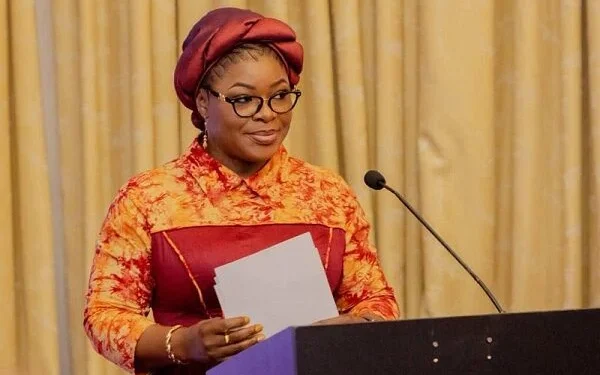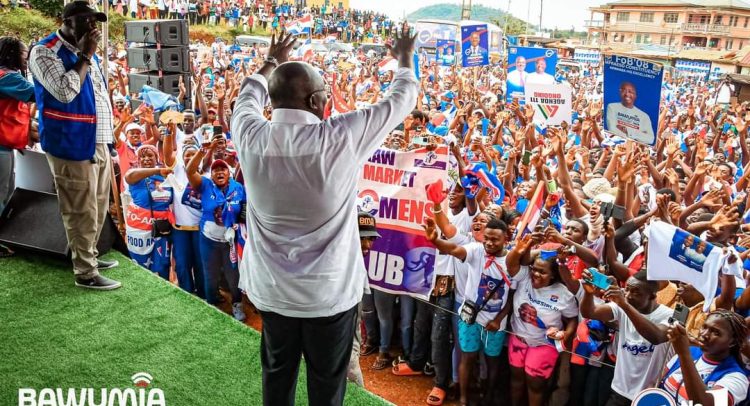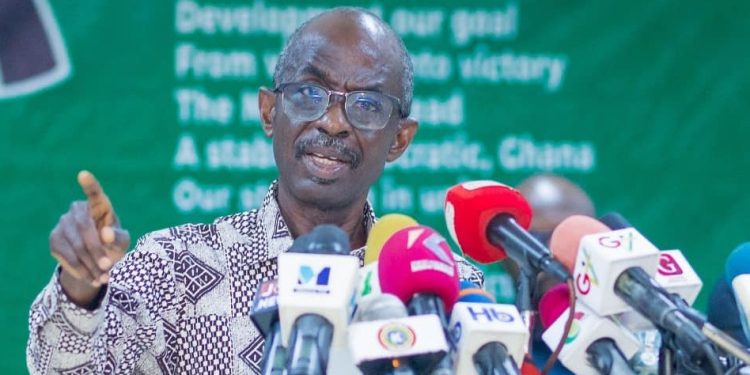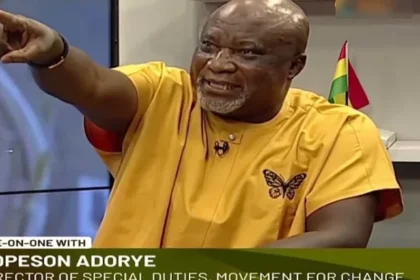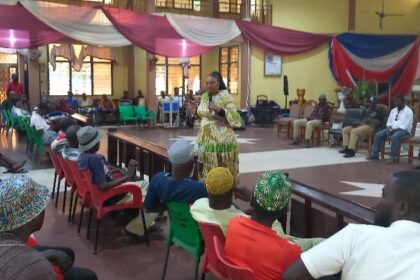Deputy Presidential Spokesperson Shamima Muslim has called for a national dialogue on Ghana’s constitutional term limits, arguing that the current four-year presidential mandate is inadequate for delivering meaningful and sustainable national transformation.
Ms. Muslim said Ghana’s short political cycle fuels instability, encourages wasteful election spending, and undermines long-term development planning.
“It is true that the four-year term is wholly insufficient if we are truly to change the path and trajectory of our development,” she said. “Expensive elections that begin almost as soon as the previous one ends do not seem like a practical use of our limited national resources.”
She explained that the structure of Ghana’s governance timeline leaves little room for effective implementation, as governments typically spend their first year on appointments and preparations, and their final years campaigning for re-election.
“Year one is largely spent making appointments, and by year two, political discussions already shift to succession—who leads which party and who takes over next,” she observed.
Ms. Muslim noted that frequent elections divert attention and resources away from developmental priorities.
While acknowledging concerns that longer terms could enable abuse of power, she proposed constitutional innovations that balance continuity with accountability.
“Even if we do not wish to extend presidential terms, we could consider allowing political parties to retain successful leaders beyond two terms—if citizens believe their vision is driving real transformation,” she suggested.
She emphasized that voters remain the ultimate check on power:
“If we have a bad president, we are not stuck with them. Citizens can simply vote them out. But if a political party demonstrates progress and consistency, allowing it to maintain leadership continuity could yield better development outcomes.”
According to her, such a framework could grant governments a 12- to 15-year window to implement coherent, long-term policies, rather than starting over every four years.
However, Ms. Muslim cautioned that extended tenure does not automatically guarantee effective leadership.
“Longevity in office doesn’t always mean good governance. It is the citizens who must assert their right to demand accountability and reform when leadership goes off track,” she stressed.
Concluding her remarks, she urged policymakers to use the ongoing constitutional review process as an opportunity to reconsider Ghana’s governance structure.
“It would be detrimental to the country if we fail to use this moment to rethink our governance framework for sustained progress,” she said.




